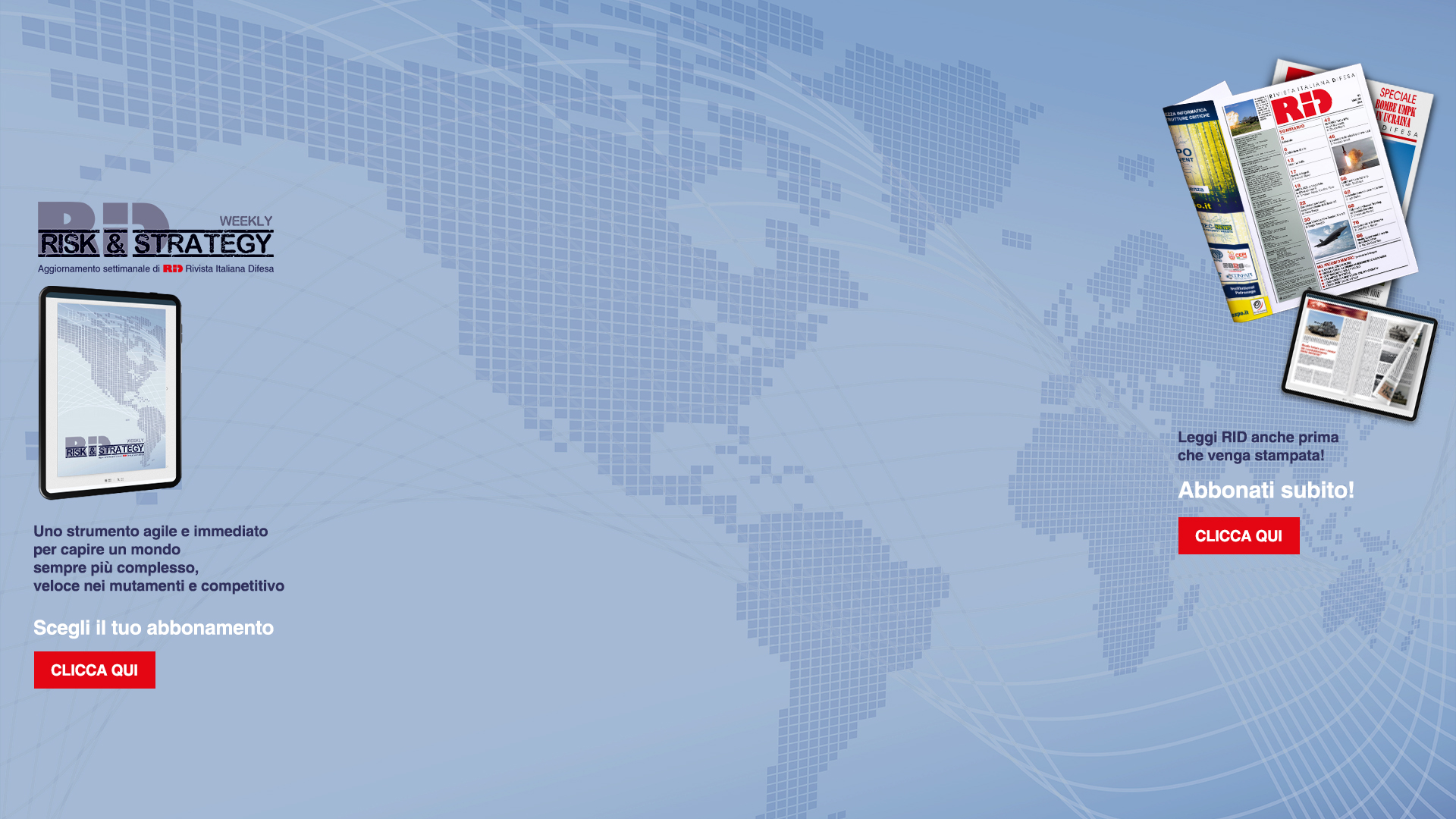.jpg)
After United Kingdom, France announced a significant boost in its defense budget, and it provided the details about how it plans to spend this extra money. In accordance with the new proposal, French defense budget in 2023 is going to be up to €43.9bn, an increase of €3 billion on the 2022 figure, consolidating an upward trend since 2017, and meeting the NATO requirement for 2 percent of GDP to be spent on defense. This proposed budget, will be discussed and probably receiving the approval by the National Assembly and Senate within 70 days. Compared to the other countries of the “Old Continent,” it is significant that the prime effort of the budget, €25.6 billion, will be for procurement, followed by salaries, with 29,700 new recruitments planned (24,000 will be military, the rest civilian) and 1,500 new jobs created, notably in the cyber defense and intelligence realms. Regarding the procurement, in accordance with the Ukranian conflict lesson learned, newly appointed Armed Forces Minister, Sébastien Lecornu, mentioned the priority need to increase ammunition stocks with €2 billion of the budget. The next year will also see the French Armed Forces receiving key equipment upgrades, those include: 13 RAFALE, 13 upgraded Mirage M2000 D, 3 PHENIX Multi-role tanker aircraft (MRTT), 2 A400M ATLAS, 5 NH-90, 5 TIGER ARH, 18 renovated LECLERC battle tanks, one supply vessel, one unspecified SSN, one patrol vessel, thus C-UAS equipment and tactical UAVs. In addition, the land forces will also receive 264 new armoured vehicles, including 123 GRIFFONs, 119 SERVALs and 22 JAGUARs. After the presentation of the new proposal, Lecornu underlined, as partial justification, that the support Paris is providing to Kiev in its self-defense has prompted several updates to the budget, along with fighter jets that have been exported to other nations such as Greece. Thus, a €1 billion has been earmarked for innovation as part of the €8 billion R&D budget. The lawmaker’ reactions have been postive, until now, with an expected attention to the Future Combat Air System, or FCAS, known in France as the Système Combat Aérien du Futur, or SCAF. The Franco-German-Spanish program has been at the starting blocks for months due to the frictions between the 2 main contractors, France’s Dassault and Germany’s Airbus, however, Lecornu assured that the program is active, defense industry negotiations are ongoing, and that the common political will between the participating countries about the program is unchanged.
Follow us on Telegram.







.gif)

